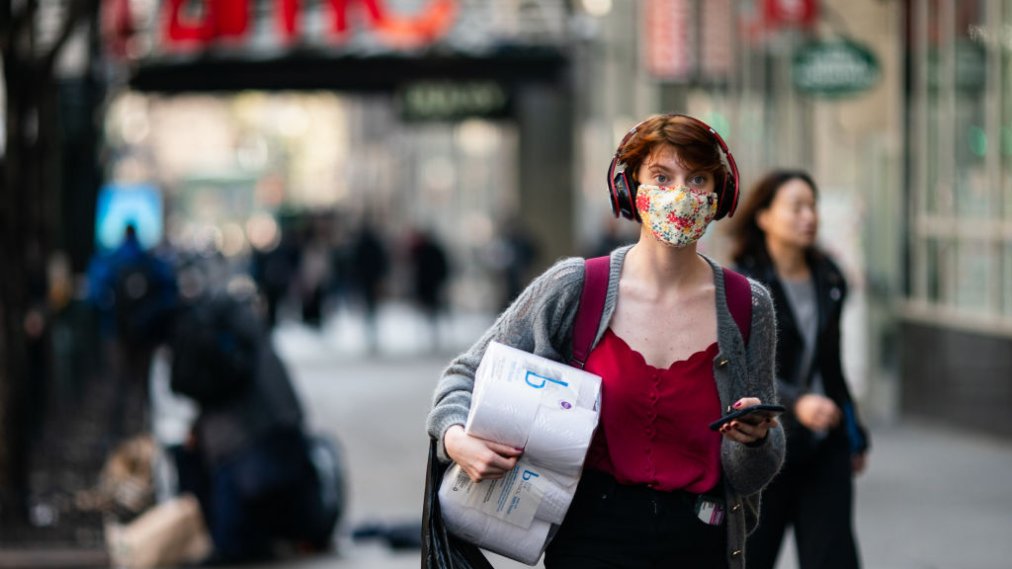In nearly all parts of the world, people are required to wear face masks when in public due to the COVID-19 pandemic. Part of the new normal, wearing face masks prevents one from spreading or catching the sticky virus.

Image source: Hackensackmeridianhealth.org
Individuals who have chronic respiratory problems may find themselves in a tough spot, having to wear face masks when they already need help to breathe properly. Patients with respiratory problems risk catching the virus should they not wear a mask. With masks on, they might suffer from shortness of breath or have an asthma attack. Pulmonologist Dr. Lisa M. Cannon says nobody is exempt from wearing masks when heading to public areas. If wearing a face mask poses a great threat to one’s health, it would be best for them to forego leaving their homes to keep others safe.

Image source: time.com
Some individuals with respiratory health issues may still need to go to public places. It is important to know that getting enough air should still be their priority. Wearing a cloth face mask in public offers enough protection from the threats of the virus, along with strict physical distancing. Lung patients must avoid wearing N95 masks. While offering the most effective protection against the virus, it’s difficult to breathe through an N95 mask, says Dr. Lisa M. Cannon.
Practice wearing cloth face masks at home in order to get used to the sensation. Make trips to public areas such as grocery stores, malls, parks, and others as quick as possible. Remember to regularly wash hands with soap and sanitize used cloth face masks in order to keep hands and belongings clean.
Dr. Lisa M. Cannon is a pulmonologist with 15 years of experience in her field. Her passion for pulmonology and critical care led her to her own medical practice in New Jersey. For more updates, visit this page.